T4K3.news
Israeli public mood shifts on Gaza war
Public opinion in Israel leans toward hostage negotiations as protests rise and figures show shifting attitudes on Gaza policy.

Public opinion in Israel is moving toward negotiating to free hostages even as sympathy for Palestinians remains limited, shaping the Gaza war debate.
Israeli Public Mood Shifts as Hostage Deals Dominate Gaza War Debate
Tens of thousands protested over the weekend as Israel expands its Gaza campaign and about 50 hostages remain in Hamas captivity. Families of the hostages fear a broader operation could endanger their loved ones. In parallel, surveys show a shift in public mood: IDI data indicate opposition to negotiations without a ceasefire dropped from 17% after the Oct 7 attacks to 53% on the anniversary, while Channel 12 reported 74% support a deal to free all hostages and end the fighting. Pew Research Center findings add nuance, with 21% of Israelis thinking Israel and a Palestinian state can coexist, and 30% favor governance of Gaza by Israel after the conflict.
The public also displays uneven concern for Palestinians. Among Jewish Israelis, 79% reported little or no distress about Palestinian famine reports, while Arab Israelis expressed much higher concern. The article notes that a broad segment of the Israeli public has moved away from two-state optimism, and extremist attitudes toward Palestinians appear more mainstream than before. International reporting and figures cited in the piece reflect a society where political debate, national security and personal risk mingle with media influence and social media exposure."
Key Takeaways
"We know that a decision to occupy more land is going to put the lives of the hostages at risk"
Gil Dickmann, cousin of hostage Carmel Gat
"We know that the only way to get them back alive is with a deal for all of them"
Naama Shueka, cousin of Evyatar David
"If you watch the news in Israel, week after week, they'll say the opposite things. Nothing is consistent"
Etgar Keret
"They date back to the 1930s and have gained steam"
Tamir Sorek
The data reveal a society negotiating its moral boundaries. The hostage issue has become a driving policy factor, sometimes eclipsing humanitarian concerns for Palestinians. That shift is not just about tactics but about a broader political mood that prizes security and firm borders over empathy in some communities. The result could be policy rigidity and a dangerous drift toward punitive measures that narrow space for peace talks.
Public discourse is crowded with fear and polarization, potentially heightening backlash and complicating international diplomacy. As extremism enters mainstream discussion, less-ambiguous paths to coexistence look harder to find. The challenge for leaders will be to translate electoral and street pressure into sustainable policy that protects civilians on all sides while maintaining a roadmap to peace.
Highlights
- Hostages drive policy more than mercy drives policy
- Stop the fighting, save our loved ones
- If you watch the news week after week, theyll say the opposite things
- They date back to the 1930s and have gained steam
Political and humanitarian sensitivity risk
The article engages highly charged public opinion on a bitter conflict. It could provoke political backlash or misinterpretation; careful framing and sourcing are necessary to avoid inflaming tensions.
Public sentiment will continue to evolve as events unfold and information changes.
Enjoyed this? Let your friends know!
Related News

Increased Global Pressure on Israel Due to Gaza Actions
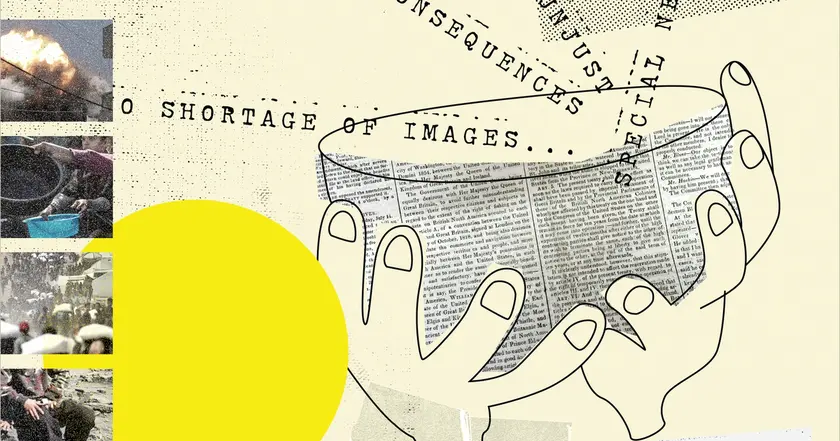
The New York Times alters Gaza coverage amid scrutiny
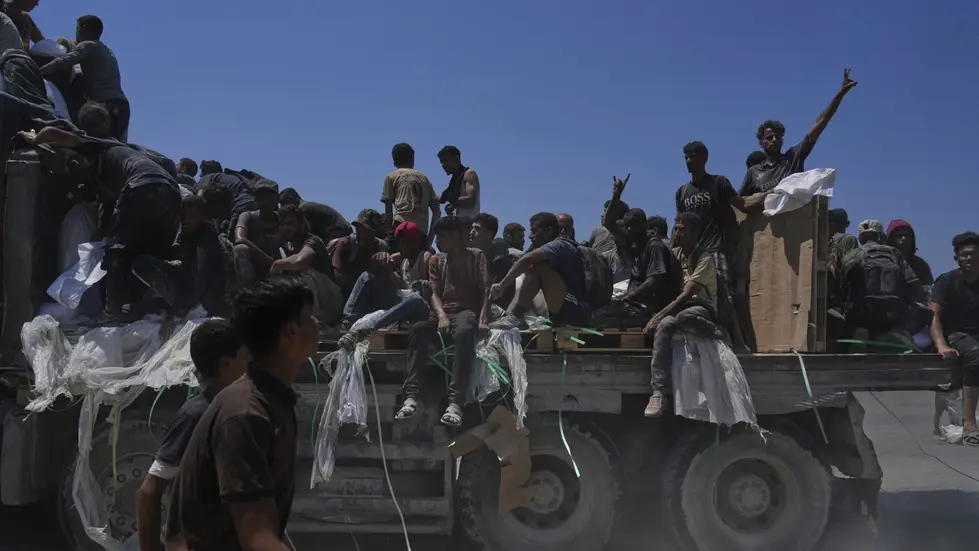
Israeli human rights groups claim genocide in Gaza
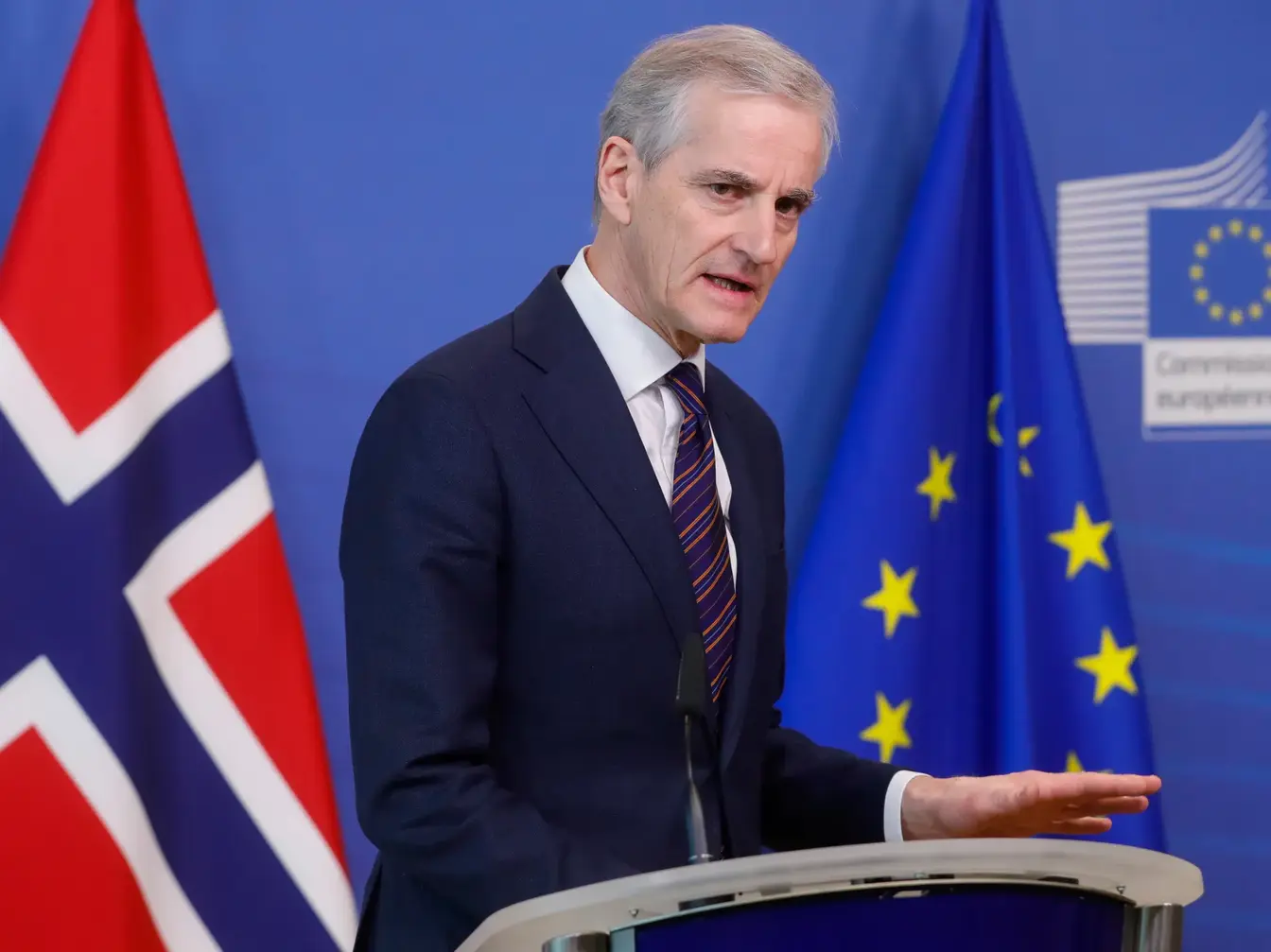
Norway reviews investments in Israeli firms

Israeli generals question the continuation of Gaza conflict
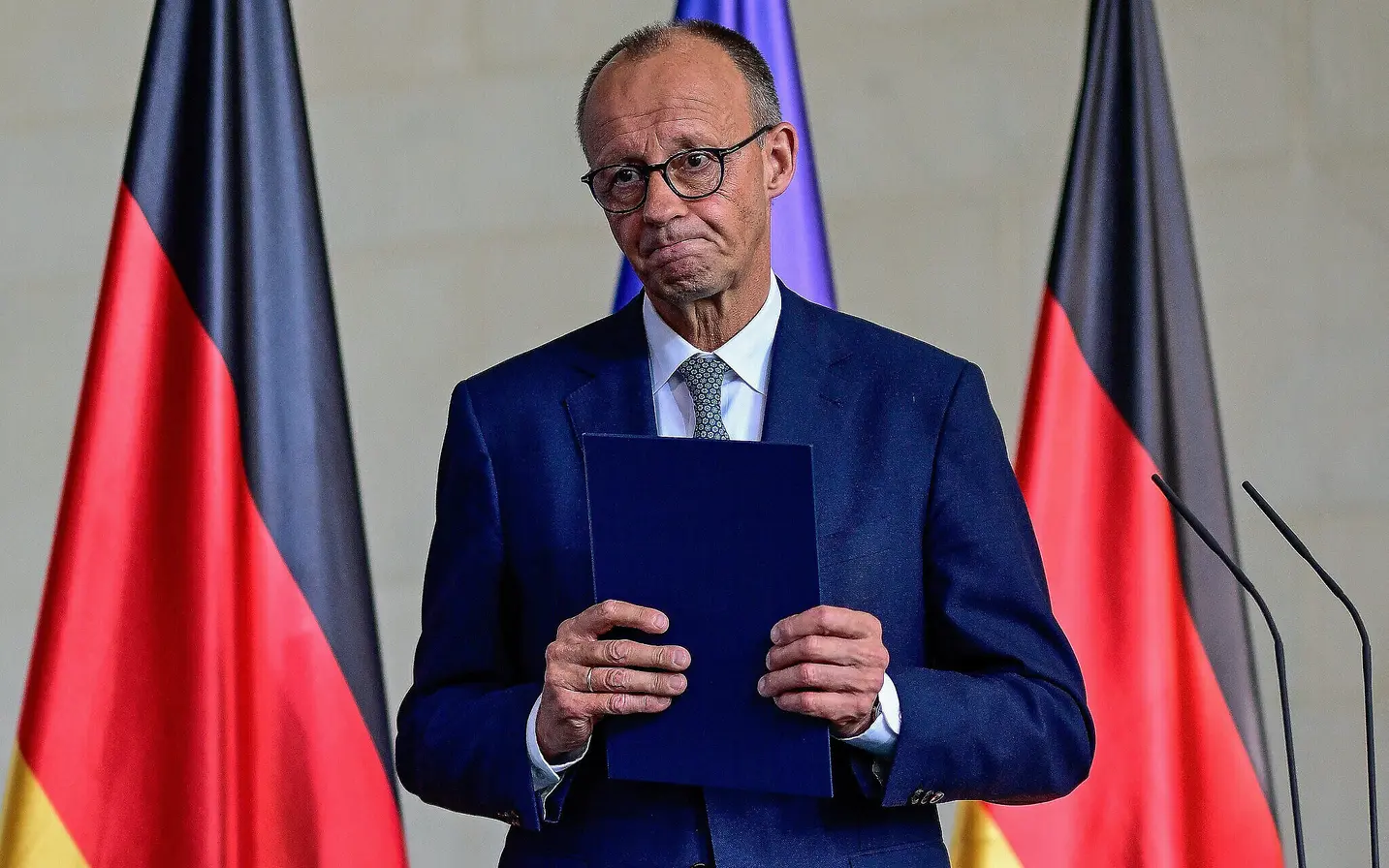
Germany suspends arms exports to Israel over Gaza plan
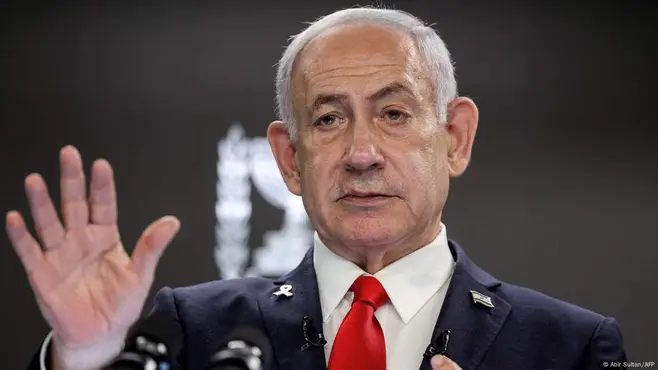
Gaza move marks new phase in Israeli campaign

Jewish American groups demand humanitarian aid for Gaza
